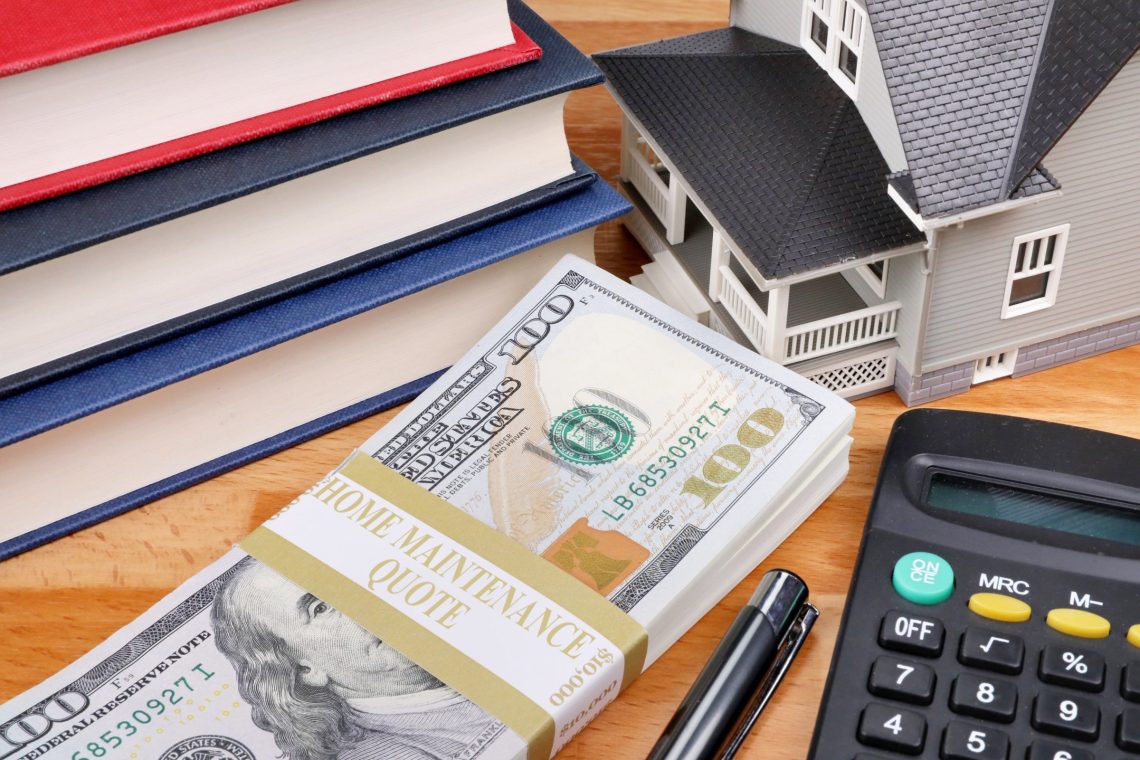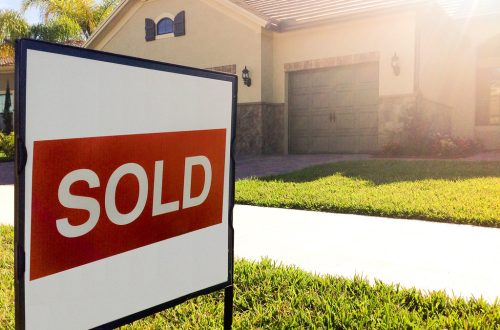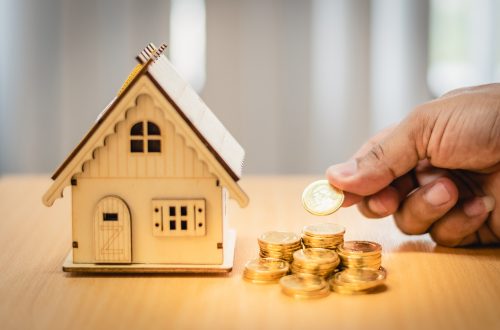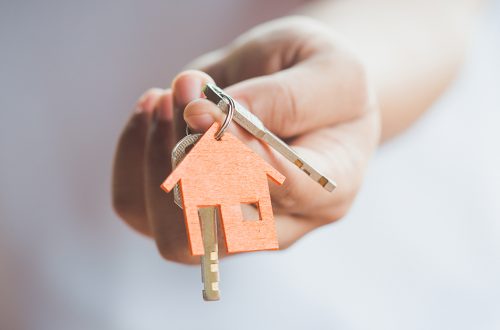Most households in the United States have achieved their dream of owning a home. By the middle of 2022 65.8% households in the US will own their home. It’s great to own a home, but it takes work to maintain one. You may also incur costs if you need to upgrade or update your home or if you break certain items. You can reduce maintenance and repair costs by doing many things, but there will come a time when you need to address certain items.
Renting to save on maintenance costs is worth it?
Renting is a way to avoid the costs of maintaining a house. In most cases, the landlord will be responsible for maintenance, but in the end, the renter is usually the one who pays. Rent is typically higher than mortgages, at least for mid-range to low-end houses. Rent is higher because the landlord wants to earn money. This includes maintenance, taxes, insurance and vacancy expenses.
Rents are usually higher, and they increase over time as housing costs and inflation rise. Even though it might seem that you are saving money, the truth is you will end up paying more because a mortgage usually has a fixed rate, at least for a period of time. Rent may be lower than mortgages on certain houses but over time it will cost more than buying.
Although there are reasons to rent, I think that most people would rather buy!
How can you reduce maintenance costs?
There are many ways to save money on maintenance when you purchase a home. You should have a home inspected. A professional inspector can check all major systems and determine their age. Older homes that have had their major systems upgraded can be just as good as newer houses. It is difficult to know how well built homes are if they were built before 1960. Even if the home is updated, 100-year old homes are likely to have more issues. You will have to spend more money on repairs and maintenance if you purchase an older house.
Home inspections can reveal major issues with HVAC (heating ventilation and air conditioning), plumbing system, electrical system as well as roof, foundation, window, appliances and more. Home inspections may not be able to catch all problems because walls are opaque, but they can save a buyer from some serious hassles. A good inspector will be able warn potential buyers about future problems like sewer lines with roots, poor drainage and other issues.
To help you purchase a home, I recommend that you find a experienced and really good real estate agent and use the inspector they suggest. There are many inspectors, and some states do not require licensing or certification.
You should also make sure that you have the right insurance for your home. Because Colorado gets so much hail, few people have to replace their roofs. If you have an insurance policy and a hailstorm destroys your roof, then the insurance company will pay for the costs (minus any deductible). Many insurance policies do not cover sewer backups or flood damage. Ask your agent about your insurance policy and whether you need to add a rider that covers sewage backups (which can be very costly) or flood coverage, if your home is in an area prone to flooding.
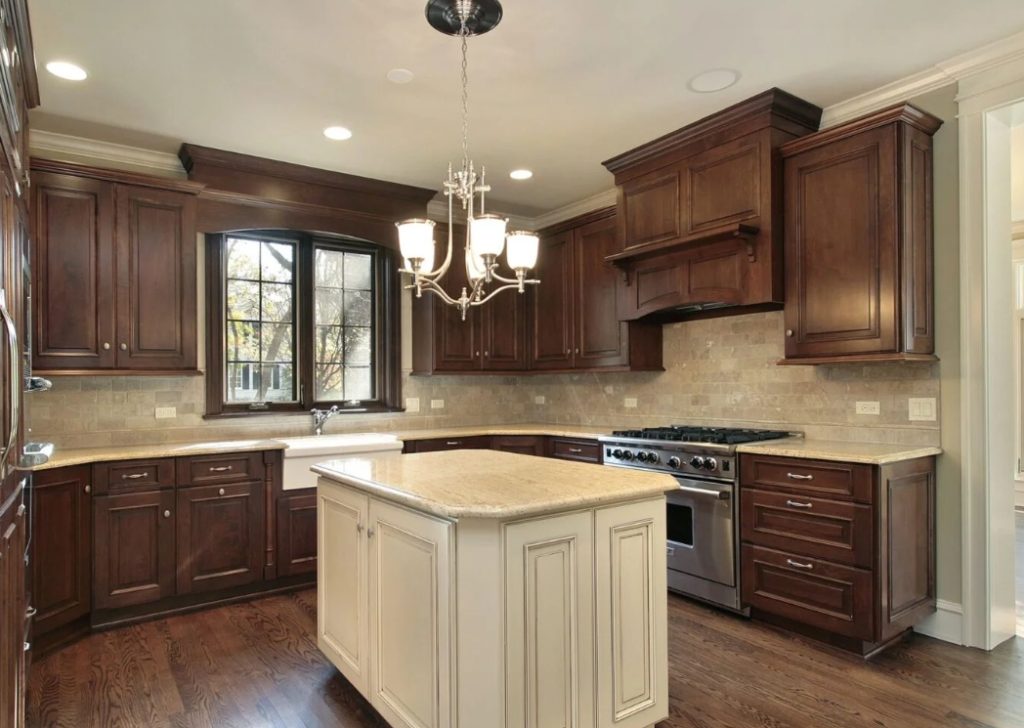
Do home warranties really pay off?
A home warranty is another way to protect yourself against the costs of maintenance. Some home warranties are worth the money, but there is one thing to keep in mind about insurance and warranties.
They are in the business of making money. The warranty companies have calculated that it costs more to buy a warranty than it does to repair a car.
Home warranties usually last one or two years, and can cost between $300 and $1,000 depending on the coverage. You will not get your money back if you don’t have any repairs in the first or second year after purchasing the home or getting the warranty. What is covered by home warranties can also be limited. The majority of home warranties cover major appliances such as the furnace, AC and water heater. The insurance won’t cover plumbing leaks, electrical problems, or roofs.
Home warranties, to me, are not worth the money.
How much money will you spend maintaining your home?
The size of houses and the work that needs to be done can vary greatly. can take care of all the exterior maintenance and lawn care for you if you buy a patio house or condo. could also purchase a mansion that is 20k square feet with 60 acres, and has a butler. In this article we will talk about the basic maintenance of a house with a typical size (.2 acre) and 2k square feet.
What will you need to maintain and how much might it cost?
- Yard care: Are you going to mow your lawn yourself, or will you hire someone else? You will need gas, a lawnmower, and some time to mow the grass yourself. You can hire someone to do it for $50-$100 a month, depending on the amount of grass.
- Paint: Over the years, most houses will require paint. Exterior paint can fade quickly in some areas. Depending on the area, you may need to repaint the exterior every five to fifteen years. Paint jobs for houses of this size can cost anywhere from $5,000 to $15,000, depending on who is doing the work. You can save money by doing it yourself, but this will take time.
- Appliances are no longer made the way they used to. Appliances tend to break down every 3-10 years. Appliances have also become more expensive. You might be lucky to have appliances that last longer. This could cost $2,000-$3,000 (or even $10,000), depending on the fancyness of them.
- HVAC service: HVAC systems are designed to last for many years, but they need to be cleaned and maintained in order to achieve their maximum life expectancy. You should hire a company to clean and inspect your HVAC system every year or two. This could cost you $100-200. It is also recommended that you change your furnace filters at least once a month. This can cost up to $100 per year.
It is possible that major items will also break, but this depends on their condition and age and how well they have been maintained.
- HVAC: Furnace and AC are supposed to last for decades, but this is not always true. If the filter is not changed, a furnace can fail in 5 years. The cost of a replacement could range from $5,000 to $15,000.
- Roof: Most roofs are expected to last between 20 and 30 years. Check your roof if a storm moves through the area. It may not cost much to replace the roof. Your roof may be too old and cost between $7,000 and $15,000 to replace.
- Windows can also last for many decades, but their seals can leak or they can be inefficient. Depending on which company you choose, you could pay up to $30,000 or $3500 to replace all your windows. I don’t think expensive windows are worth it. It is often not necessary to replace the windows, but it could save you a few dollars on your energy bills.
- Many companies will try and sell you expensive windows or new siding that is not necessary. If maintained properly, siding should last for decades.
- Sewer: An older sewer line can rupture and cause a backup into your home. Sewer backups can be a terrible mess, but with the right insurance the repairs should be covered. The clean-up alone can cost up to $15,000 if you do not have the correct insurance.
- Flood: Water lines can break, freeze or a broken appliance may cause a flood. Storm damage can cause a home to flood or be damaged. Insurance will cover storm damage and even if the water line breaks. It can cost you tens or even hundreds of thousands of dollars if you do not have the correct insurance.
This is not a comprehensive list of all the things that need to be repaired or maintained in a house, but it should give you a good idea. You can expect to spend $2,000-$3,000 per year on maintenance and repairs if you buy a home with good systems. You can save money by tackling some of these costs yourself, if you’re able to. You could end up spending more if you are unlucky and have to make a large repair.
What about updating a house?

What about updating your home? What if you’re looking to update your home with a new flooring, kitchen or interior paint? Although many people remodel and update their homes, I do not consider this necessary for maintenance. It can be expensive to remodel a house, but it might be necessary to sell it for top dollar. It’s possible that you want to use the improvements yourself.
The conclusion of the article is:
Although houses can be costly, they are the most popular investment among Americans. Renting a house is more expensive than buying one, but it’s also a better investment. The rent will rise with inflation over time, while a mortgage that is fixed will not. If you plan to have low maintenance costs, it is essential that the house you purchase is in good condition. I don’t care if a house needs some work, as long as I can find great deals on it. However, I do expect to spend money on repairs and maintenance.
Spend time on the purchase, have it inspected, and set aside some money for any repairs or maintenance that may be needed.
